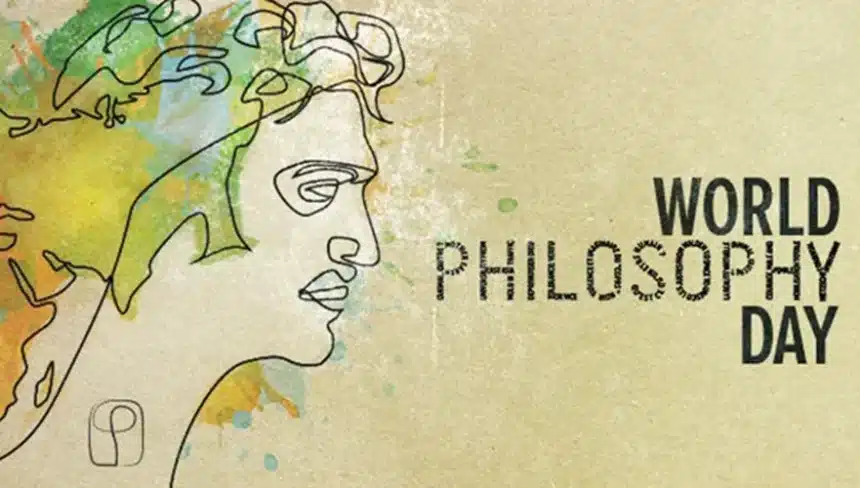World Philosophy Day is observed every year on the third Thursday of November | Image Source: https://en.unesco.org/
World Philosophy Day is observed every year on the third Thursday of November. In 2021, it falls on 18 November. It is observed by United Nations (UN) and Nations Educational, Scientific, and Cultural Organization (UNESCO) to bring awareness about the philosophy or the development of human thought, for each culture and for each individual. Philosophy is the study of the nature of reality and existence, of what is possible to know, and of right and wrong behavior. The word “Philosophy” derives its meaning from the Greek word phílosophía, meaning ‘the love of wisdom.’ It is one of the most important fields of human thought as it aspires to get at the very meaning of life.
Avicenna: the Persian polymath who shaped modern science, medicine and philosophy
Theme of World Philosophy Day 2021
World Philosophy Day 2021 wishes to open the discussion on the different interactions of human beings with their social, cultural, geographical, and political environment, with the underlying objective of better understanding the contribution of philosophy in our contemporary societies and the challenges they face, the pandemic in particular. Philosophy, and even more so intercultural philosophy, is concerned with context and is, therefore, in its very essence, concerned with the transformation of society.
History of World Philosophy Day
In 2005 the UNESCO General Conference proclaimed that World Philosophy Day would be celebrated every third Thursday of November. In establishing World Philosophy Day UNESCO strives to promote an international culture of philosophical debate that respects human dignity and diversity. The Day encourages academic exchange and highlights the contribution of philosophical knowledge in addressing global issues.
It was introduced in 2002 by UNESCO (the UN Educational, Scientific and Cultural Organization) with the following goals:
- to renew the national, subregional, regional, and international commitment to philosophy.
- to foster philosophical analysis, research, and studies on major contemporary issues, so as to respond more effectively to the challenges that are confronting humanity today.
- to raise public awareness of the importance of philosophy and its critical use in the choices arising for many societies from the effects of globalization or entry into modernity.
- to appraise the state of philosophy teaching throughout the world, with special emphasis on unequal access.
- to underline the importance of the universalization of philosophy teaching for future generations.

